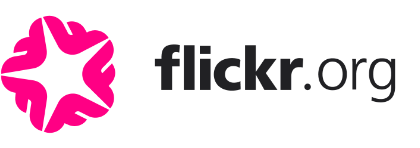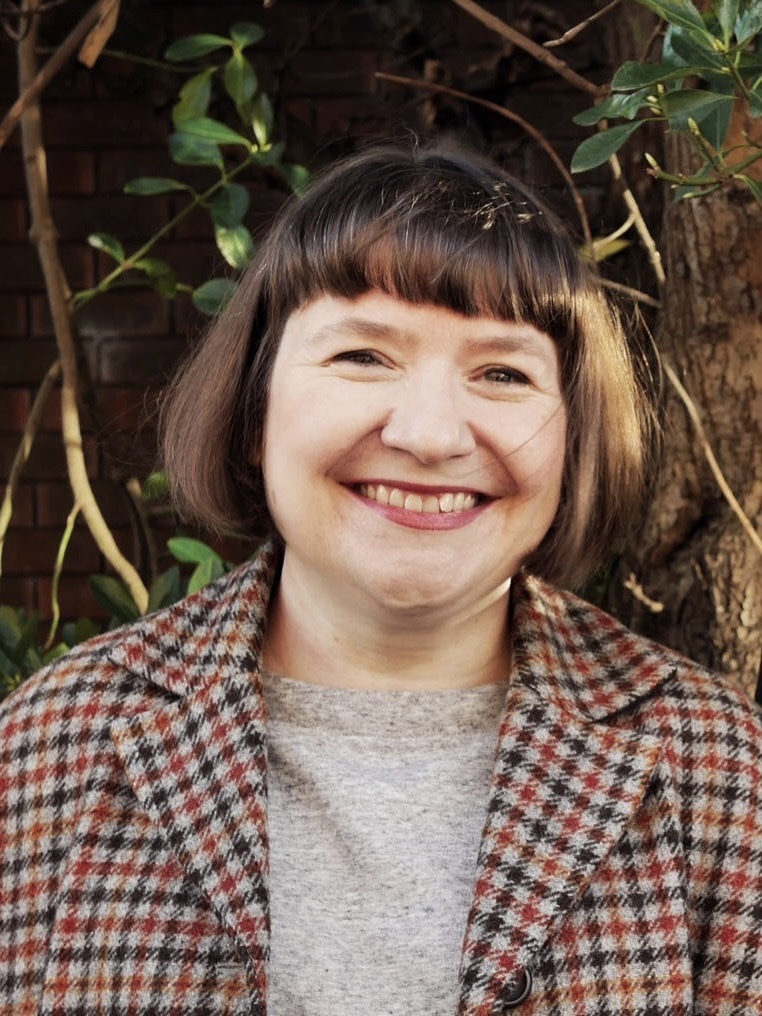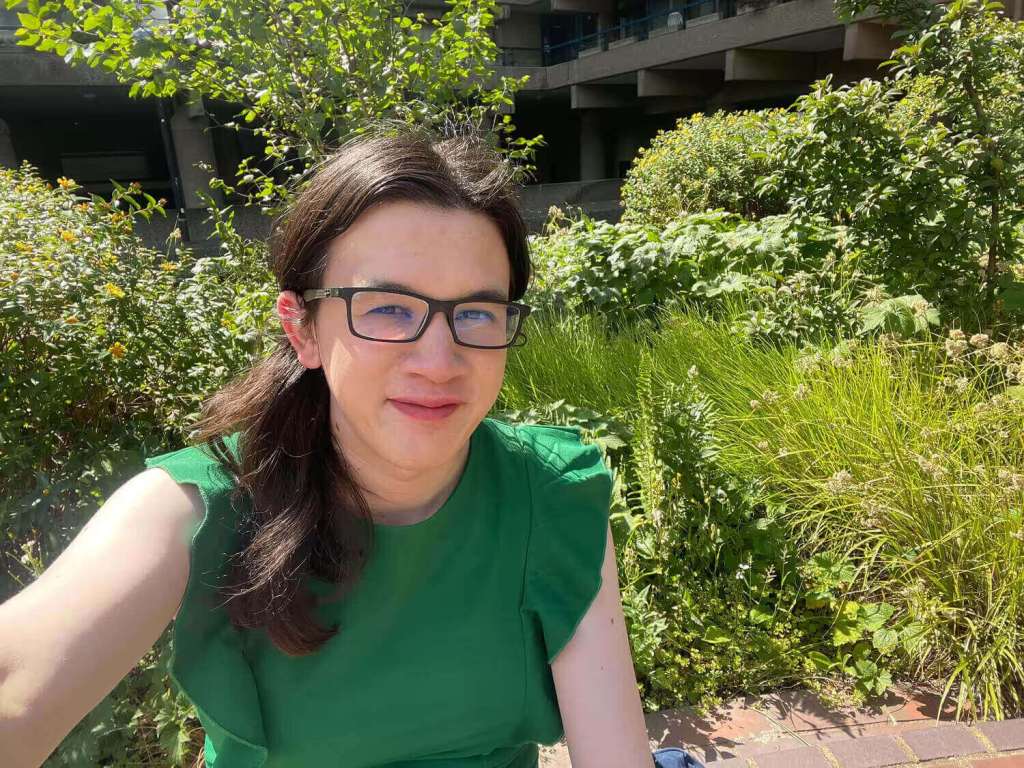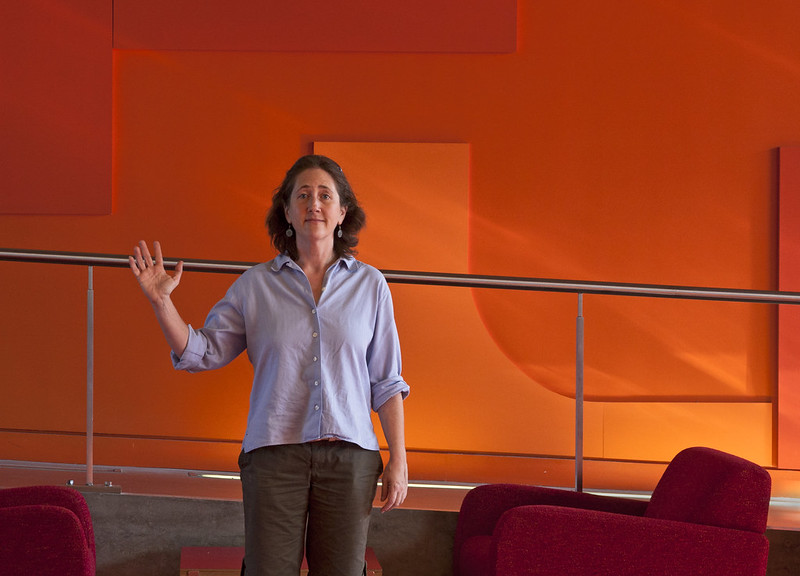Welcome, Susan!
Introducing Susan Mernit, Our New Development Lead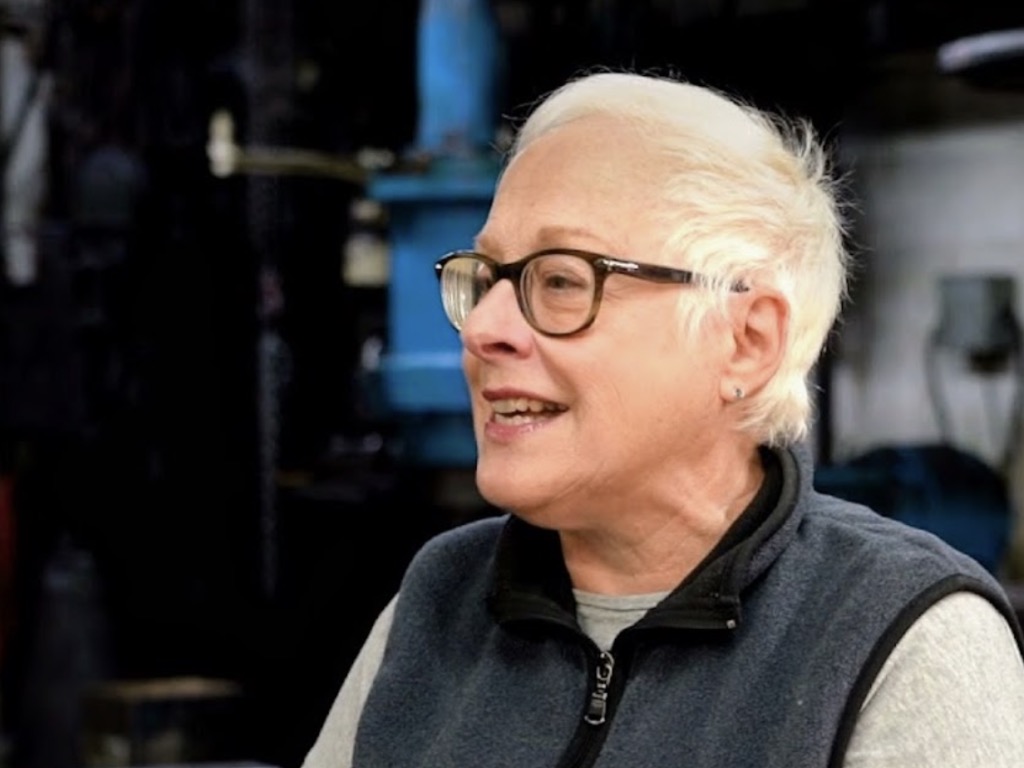
Hello, Flickr family and friends! I’m Susan Mernit, stepping into the role of Development Lead for the Flickr Foundation. My journey with Flickr began in 2004, the vibrant early days of digital photography. With nearly 5,000 snapshots—capturing everything from adventurous trips to China, Korea, and Peru to countless moments at tech gatherings—Flickr has been my digital photo album. Reflecting on those days, it’s not only the images that resonate, it’s the stories they tell and the community they’ve fostered.
Before joining this brilliant team, I led as Executive Director at The Crucible in Oakland, California, an innovative hub for artisan arts, and co-founded Hack the Hood, a nonprofit that helps low-income youth of color build skills for tech careers. My very first full-time job was as a community manager at a poetry organization, and I worked my way through college in the library. With a history in the tech world—including time at Yahoo that overlapped with the Flickr acquisition—my career has been shaped around community engagement, open-source, and product innovation.
So what am I going to do exactly?
Working alongside George, our visionary Executive Director, my goal is clear: to ensure the Flickr Foundation secures the resources to turn our 100-year plan into a 100-year reality. From cultivating relationships with foundations and corporate partners to reaching out to our global community of individual supporters, my job is to help build a sustainable future for the Foundation.
Beyond my professional life, I find balance and strength in weightlifting, Iyengar yoga, and hiking around the SF Bay area. I am a compulsive reader, enjoying literary fiction, biographies, and books about tech, economics, and business. My most used app on my phone is a US library platform called Libby. I welcome recommendations for great reads—let me know when you have one.
